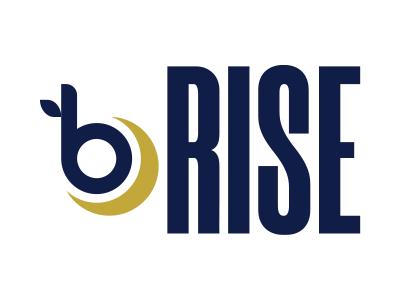Boards require a variety of information to make informed decisions. This includes qualitative input (e.g., the impact a particular decision could have on the culture of the company or on the stakeholders it could have an impact on) and also quantitative information (e.g., legal due diligence, a return on investment analysis). It is the responsibility of management to ensure that the right people are gathering, strategically analyzing and packaging the information to aid in board decision-making.
In order to make strategic decisions, it is essential that the board of directors has a clear understanding of the present activities of the business. This will assist them to comprehend the risks and opportunities that could be present in the organization’s future. This can be done with the use of an internal board performance tracking system or through the conduct of post-completion reviews on major projects and initiatives.
When making a decision on a strategic plan it is crucial that the board is aware of its own limitations and is able to delegate certain decisions to its committees. This is especially important in the context of conflicts of interest and community benefits, CEO evaluation and executive compensation.
The board must be prepared to be in a position of uncertainty. This will allow the board to use its collective wisdom, experience and expertise, while remaining patient and active, rather than reacting. This can be accomplished in various methods, including asking management to construct an impression or mental model of the decision, or creating the “red team/blue-team” process that involves a panel of experts with different perspectives, or taking the time to discuss a complicated issue.
https://boardmeetingtool.net/leading-software-to-improve-board-management-decision-making

